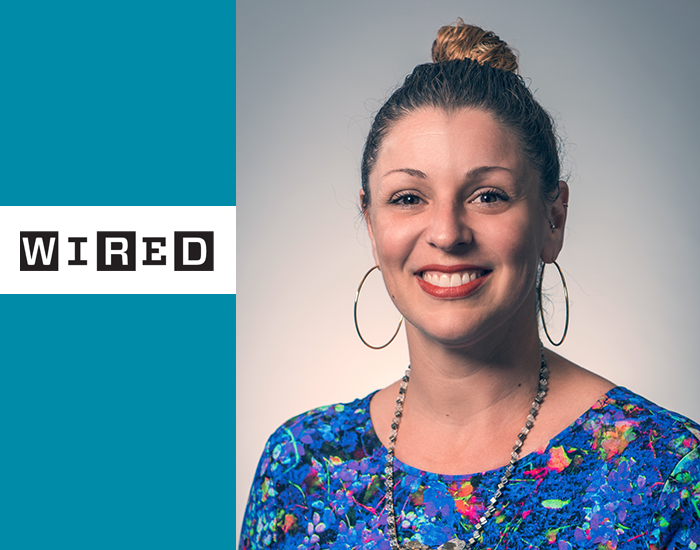This article was written by Megan Molteni and appeared on the WIRED website on Oct. 10, 2018.
When Dan Riconda graduated with a master’s degree in genetic counseling from Sarah Lawrence College in 1988, the Human Genome Project was in its very first year, DNA evidence was just beginning to enter the courts, and genetic health tests weren’t yet on the market. He found one of the few jobs doing fetal diagnostics for rare diseases, which often meant helping young families through the worst time in their lives.
What a difference 30 years makes. Today, with precision medicine going mainstream and an explosion of apps piping genetic insights to your phone from just a few teaspoons of spit, millions of Americans are having their DNA decoded every year. That deluge of data means that genetic counselors—the specialized medical professionals trained to help patients interpret genetic test results—are in higher demand than ever. With two to three job openings for every new genetic counseling graduate, the profession is facing a national workforce shortage.
Click here to read the full story.
